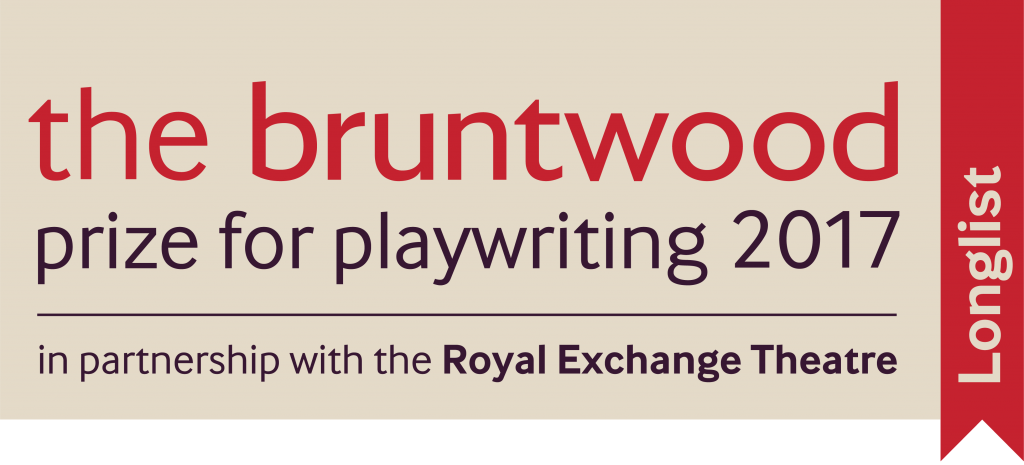Sep
30
2012
One highlight of a busy month was hearing my 10-minute play, The Exchange, read in front of an audience for the first time at Sussex Playwrights’ Club.
The play, which features a clandestine meeting between a middle-aged man and a younger woman on a park bench, sparked some interesting comments about the tension of constrained situations and the political ramifications of the underlying story.
I’ve recently finished developing The Exchange into a full-length play, Closed, which traces the development of a government leak into a full-blown national scandal. The play follows the chain of intrigue from the minister to the whistle-blower to the activist to the newsroom. Our hero, Claire, needs an ally to help her break the story. But can she trust the government turncoat who gave her the files? Can she trust the political editor with his own agenda? Can she even trust her own motives?
Closed is an exciting project and I can’t wait to develop it further on stage. It deals with a contentious issue of civil liberty vs national defence – the use of ‘closed evidence’ to detain terrorist suspects – but hopefully with some measure of objectivity and a gripping storyline. I’ll post more news on the project soon.
Meanwhile I’ve added Links to my profile pages on IdeasTap and New Writing South. Do have a look and let me know what you think.
no comments | tags: Closed, IdeasTap, Links, New Writing South, Plays, Sussex Playwrights' Club, The Exchange | posted in Drama, General
Aug
30
2012
News of a couple of events in September, both in the Brighton area. I’ll be reading from Exit Strategies and other work at Shoreham WordFest, on a lively programme with four other local writers, and giving a preview of my new play at Sussex Playwrights’ Club. Both events are open to all so please join us.
Saturday 29 September, 7.30pm
An Evening with Local Authors
Shoreham Centre, Pond Road, Shoreham-by-Sea
Compered by Craig Melvin of the Big Book Group, with readings by local authors Sue Walker, Sally O’Reilly, Pam Weaver, Matthew Turner and MM Lee, followed by Q&A. Refreshments available.
Tickets: £5, available online here or call 07522 957691
For more information on this year’s Shoreham WordFest see the website or pick up one of the brochures which are dotted around Shoreham.
The other date to look out for is Sunday 16 September, when my new 10-minute play The Exchange will be read at Sussex Playwrights’ Club. This is really work-in-progress towards my new full-length play, Closed, so it will be great to test the material in front of an audience for the first time.
The meeting starts at 7pm at the New Venture Theatre, Brighton, and the reading will follow a discussion of plans for the club’s future development. Guests are always welcome at these meetings, paying £2 on the door. And this includes a glass of wine!
no comments | tags: Big Book Group, Exit Strategies, Fiction, New Venture Theatre, Plays, Shoreham WordFest, Sussex Playwrights' Club | posted in Drama, Exit Strategies, General
